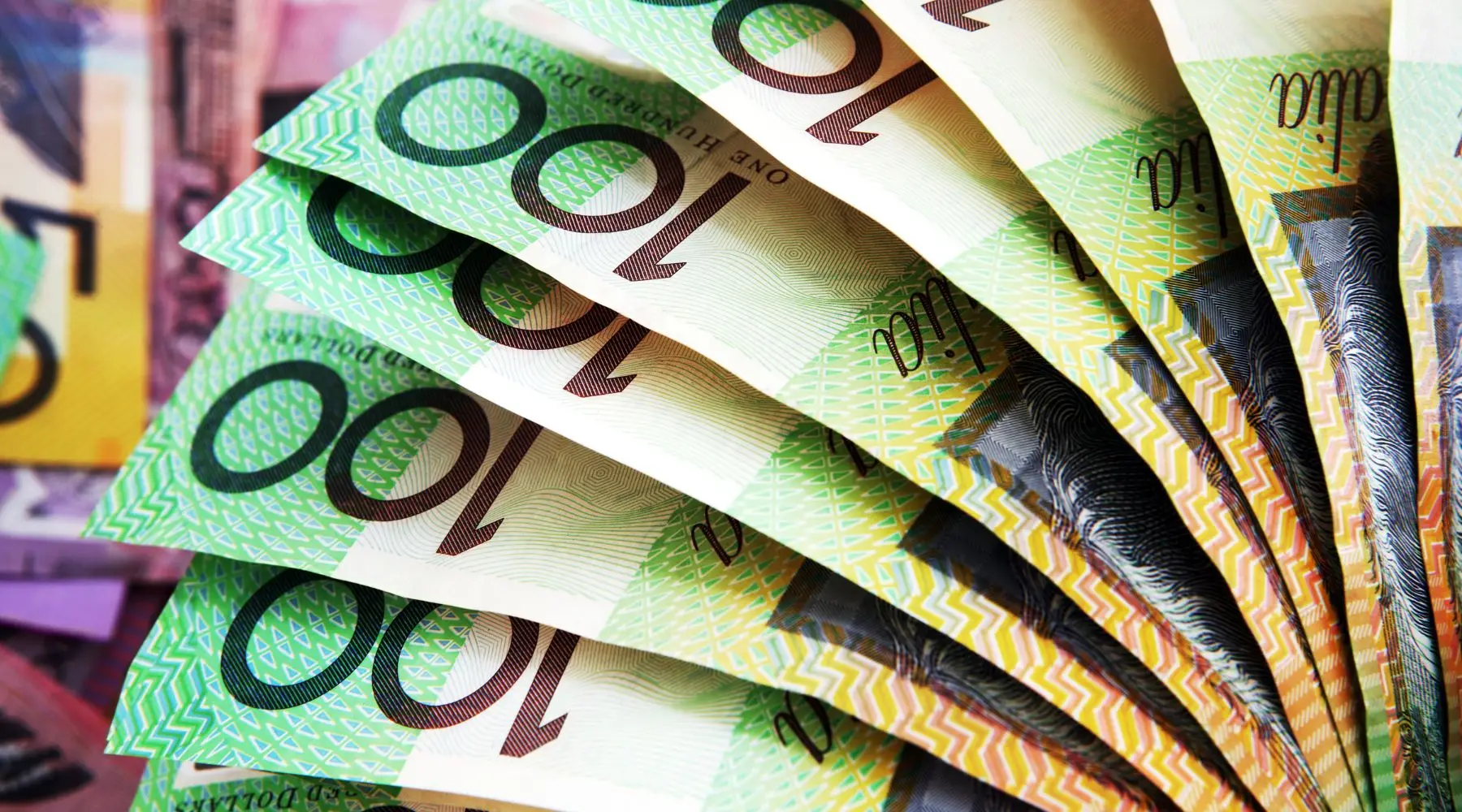Taking out an Australian mortgage for the first time? Here are our top tips

If you've migrated to Australia and you're looking for a home loan, make sure you read this first.
Sponsored by 
 HSBC. Convert currencies online anytime, anywhere with the HSBC Everyday Global Account. Proud winners of the Finder Award Best Transaction Account 2021.
HSBC. Convert currencies online anytime, anywhere with the HSBC Everyday Global Account. Proud winners of the Finder Award Best Transaction Account 2021.
There's no question that property is expensive in Australia. Unless you've brought substantial savings with you, the odds are strong that you'll need to apply for a mortgage.
We've broken down some of the key things you need to know if you're applying for an Australian mortgage for the first time.

1. Organise your funds
First, make sure you've got the necessary funds for a deposit on a home.
Generally, mortgages in Australia require a minimum deposit of 5%. And the more you've saved, the better. If you have a deposit under 20%, you will likely need to pay lender's mortgage insurance (LMI), which is an upfront payment that adds to the overall cost of your mortgage.
There are numerous other expenses involved in buying property beyond the property price itself. Factor in expenses like stamp duty to avoid a rude shock.
Organising your finances may also mean reassessing the types of accounts you have set up in Australia.
For example, an account like the HSBC Everyday Global Account can be useful for day-to-day transactions.
It can be handy for sending money back to your home country as it's able to hold up to 10 different currencies and has low international transfer fees.
However, it's not an account that's intended for long-term savings and generating interest. So if you're still at the savings stage, have a dedicated account that can offer interest and other returns.
There are a lot to choose from, but one example is the HSBC Foreign Currency Bonus Savings Account. This account allows you to save in multiple currencies to target different savings goals.
If you have offshore savings, you may want to transfer them to Australia to better demonstrate your assets and potential deposit to lenders.
It's important to note that transferring significant sums of money across borders – either to or from Australia – is usually required to be reported to the Australian government.
2. Check your visa
Not everyone who visits Australia on a long-term visa is necessarily able to buy property.
Although citizens and permanent residents can do so freely, Australia has some very strict rules around what is and isn't classed as foreign investment.
So if you're not a permanent resident or citizen already, you'll need permission from the Foreign Investment Review Board to purchase a property.
This applies even if you're planning to use the house as your primary residence and to stay in Australia permanently.

3. Check your credit score
One of the challenges that migrants can face when trying to apply for a mortgage is that Australian lenders can't usually access their overseas credit history.
This can place migrant borrowers at a disadvantage. Australian lending criteria tend to be strict and many lenders will be reluctant to offer prime mortgages to borrowers with little or no credit history.
There is good news, though.
As soon as you start formally interacting with the Australian financial system – for example, opening a bank account, signing up for a credit card or starting a phone plan – you'll start building your credit history here.
You can even check your credit score right here at Finder.
If you apply for a credit card, make sure you do the same research as you would with any financial product and compare your options.
It's often best to opt for one with a low interest rate or low fee. You should always pay on time and make at least the minimum repayment. This will maintain the positive reporting for your credit report and in turn your credit score.
Your credit score plays a substantial role in whether you'll be approved for a loan – and that leads to our next point, where some outside help can prove handy.
4. Speak with a mortgage broker
Loan applications in Australia can be complex, so it can be beneficial to bring in a mortgage broker to help you with the process.
Mortgage brokers are home loan professionals who work as advocates for borrowers. They can walk you through the process of applying for a loan. This is quite multifaceted, including providing information on how likely you are to be approved, how you can demonstrate good saving habits to your lender and how you can improve your credit score (if necessary).
It's important to keep in mind that mortgage brokers generally receive a commission from the financial institution that they refer your loan to, provided it's accepted by the lender.
Some brokers are entirely independent and some have close ties with specific lenders. Both can do a good job in terms of helping you with your loan – one isn't necessarily "better" than the other.
However, a broker should be upfront about their connections. Be wary if a broker isn't transparent with you during the process.
Although you don't have to work with a broker to apply for a loan, it can make the whole process easier. It can save you hassle in sending incomplete or hasty applications that may be rejected too.

5. Compare home loans
Not all home loans are created equal. There is a huge range of different interest rates, loan features and repayment arrangements on the market.
One loan feature that can be particularly useful is an offset account. This is a special type of account that sits adjacent to your home loan, and offsets the interest that is ordinarily part of a home loan. With an offset account in place, you can potentially save a substantial amount on interest payments, and pay off your loan sooner.
So whether you're choosing to work with a broker or not, it's worth looking into the options you have available.
A mortgage is a long-term commitment. You want to get a loan that suits your needs – not one that makes it harder for you to pay back in the long term.
You can start by checking out the range of mortgages we have for comparison right here on Finder.
Learn more about the HSBC Everyday Global Account
- Apple Pay, Google Pay
- Monthly fees: $0
- No international transaction fees
- Up to 10 currencies


